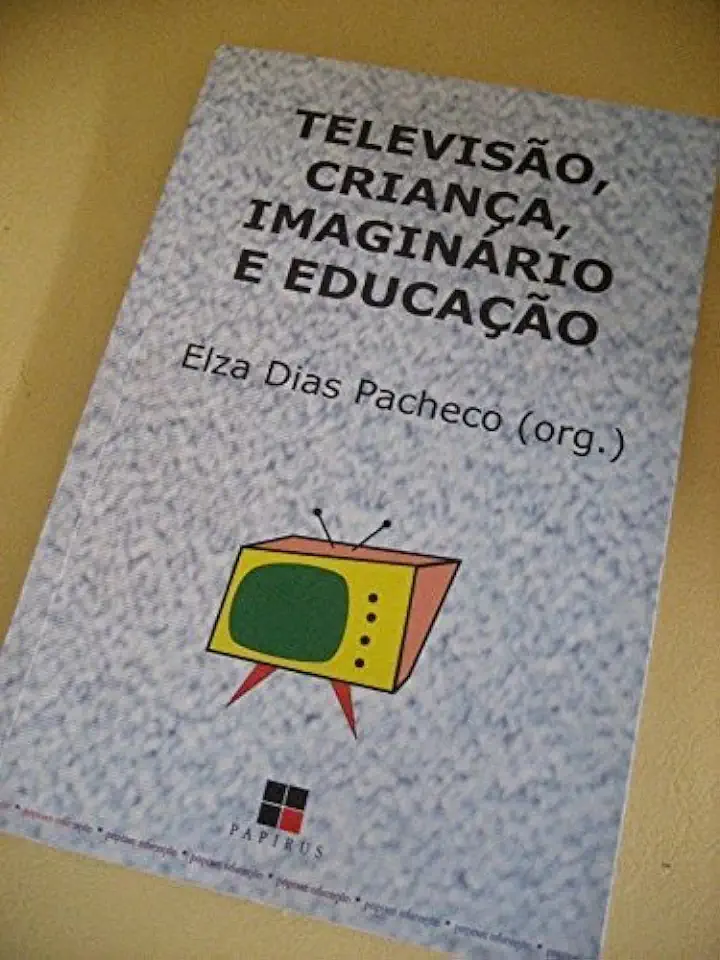
Television, Children, Imagination and Education - Elza Dias Pacheco
Television, Children, Imagination and Education: A Comprehensive Guide for Parents and Educators
In the ever-evolving landscape of childhood development, the impact of television on children's imagination and education has become a topic of paramount importance. Elza Dias Pacheco's groundbreaking book, "Television, Children, Imagination and Education," delves into this complex relationship, offering a comprehensive guide for parents and educators to navigate the challenges and opportunities presented by the digital age.
Understanding the Impact of Television on Children's Development
Pacheco begins by exploring the profound influence television has on children's cognitive, emotional, and social development. She draws upon extensive research to highlight the positive and negative effects of television viewing, emphasizing the need for parents and educators to be mindful of the content children consume and the amount of time they spend in front of the screen.
Cultivating Imagination and Creativity in the Digital Age
One of the central themes of the book is the importance of fostering imagination and creativity in children, even in the face of pervasive digital distractions. Pacheco argues that television can be a powerful tool for stimulating children's imaginations, but only if it is used wisely. She provides practical strategies for parents and educators to encourage imaginative play, storytelling, and other activities that nurture children's creativity.
Harnessing the Educational Potential of Television
Pacheco also explores the potential of television as an educational tool. She discusses the various ways in which television can be used to supplement classroom learning, engage children in interactive experiences, and broaden their horizons. By carefully selecting educational programs and incorporating them into the learning process, parents and educators can leverage the power of television to enhance children's cognitive development.
Promoting Responsible Television Viewing Habits
Recognizing the potential pitfalls of excessive television viewing, Pacheco dedicates a significant portion of the book to promoting responsible television habits. She offers practical advice on setting limits, monitoring content, and engaging in meaningful conversations with children about what they watch. By fostering a healthy relationship with television, parents and educators can help children develop critical thinking skills, media literacy, and a balanced approach to screen time.
A Call to Action for Parents and Educators
"Television, Children, Imagination and Education" serves as a clarion call for parents and educators to take an active role in shaping children's television experiences. Pacheco emphasizes the need for collaboration between parents, educators, and policymakers to create a supportive environment that encourages imagination, creativity, and responsible media consumption. By embracing the positive aspects of television while mitigating its potential negative effects, we can empower children to thrive in the digital age.
Conclusion
Elza Dias Pacheco's "Television, Children, Imagination and Education" is a must-read for parents, educators, and anyone concerned with the well-being of children in the digital age. Through a comprehensive exploration of the impact of television on children's development, Pacheco provides invaluable insights and practical strategies to harness the potential of this powerful medium while safeguarding children's imagination and educational growth.